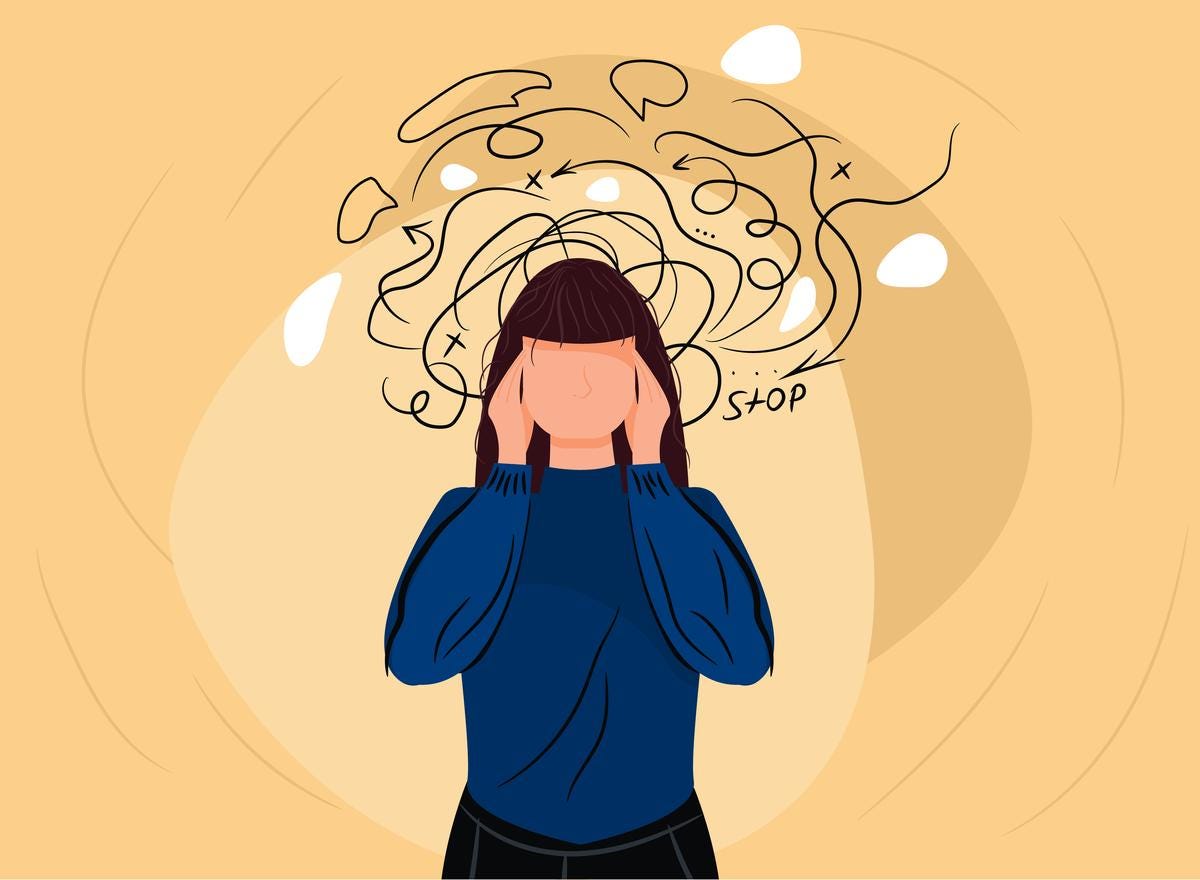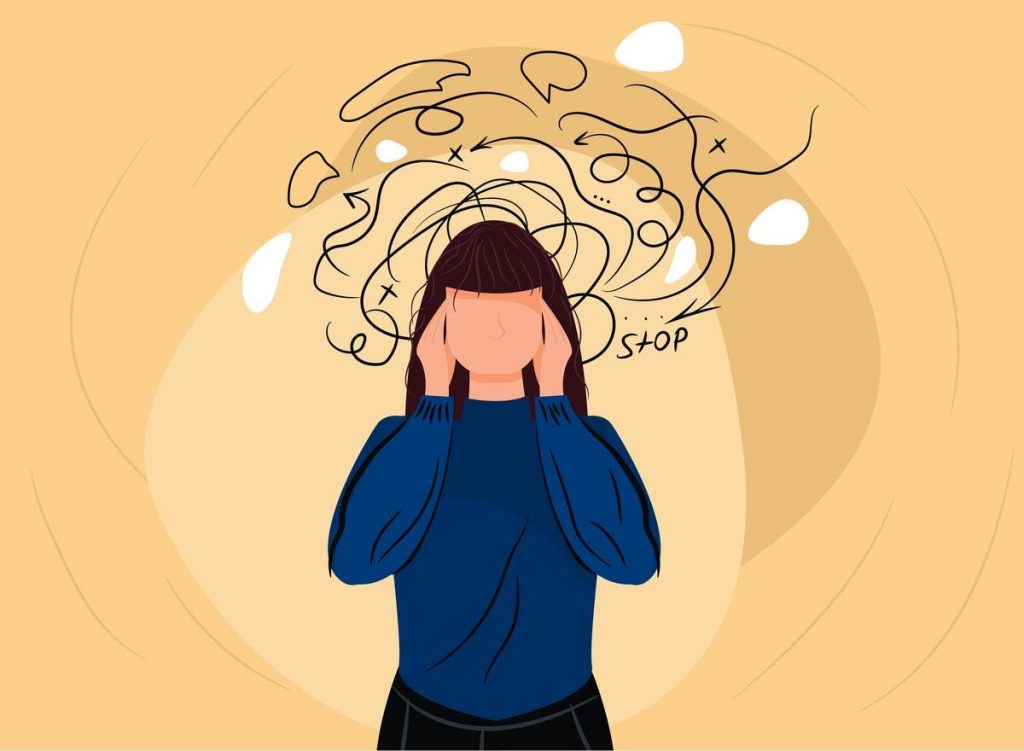In the still of the night, as thoughts swirl like a tempest in the mind, anxiety and sleep disorders often intertwine, weaving a complicated and delicate dance. As the world slumbers, those gripped by anxiety may find themselves tossing and turning, unable to escape the clutches of sleeplessness. This intricate relationship between anxiety and sleep disorders is a fascinating and complex phenomenon that begs exploration. Join us as we delve into the depths of this connection, unraveling the intricate threads that bind these two elusive bedfellows.

Understanding the Relationship Between Anxiety and Sleep Disorders
Anxiety and sleep disorders are often intertwined, creating a challenging cycle that can be difficult to break. The relationship between these two issues is complex and can have a significant impact on one’s overall well-being. Understanding how anxiety and sleep disorders are connected is crucial in order to address and effectively manage both conditions.
Individuals who suffer from anxiety are more likely to experience difficulties falling asleep or staying asleep. This can lead to insomnia, which in turn can worsen anxiety symptoms. The lack of quality sleep can exacerbate feelings of nervousness, worry, and fear, creating a vicious cycle of heightened anxiety and poor sleep.
Moreover, sleep disturbances can also increase the risk of developing an anxiety disorder. Sleep deprivation can make it harder for individuals to cope with stress and can lower their threshold for anxiety. This can result in heightened levels of anxiety and can potentially lead to the development of an anxiety disorder over time.
The Impact of Anxiety on Sleep Quality and Duration
Anxiety can have a profound impact on the quality and duration of sleep. Individuals who struggle with anxiety often find it difficult to relax and fall asleep, leading to restless nights and disrupted sleep patterns. This can result in feeling fatigued, irritable, and unable to function optimally during the day. The connection between anxiety and sleep disorders is complex and multifaceted, with various factors at play.
One way anxiety affects sleep is through heightened physiological arousal. When experiencing anxiety, the body goes into a state of hyperarousal, making it challenging to unwind and drift off into a restful slumber. Racing thoughts, increased heart rate, and muscle tension can all interfere with the ability to fall asleep and stay asleep throughout the night.
In addition to impacting the ability to fall asleep, anxiety can also influence the quality of sleep. Individuals with anxiety may experience more frequent awakenings during the night, lighter sleep stages, and overall poorer sleep efficiency. This can result in feeling groggy and unrested upon waking, further exacerbating feelings of anxiety and stress during the day. Finding ways to manage anxiety and improve sleep hygiene is crucial in breaking this cycle and promoting better overall well-being.
Strategies for Managing Anxiety and Improving Sleep
Living with anxiety can be extremely challenging, especially when it starts to impact your quality of sleep. Anxiety and sleep disorders often go hand in hand, creating a vicious cycle that can be difficult to break. However, there are several strategies that you can implement to help manage your anxiety and improve your sleep.
One effective strategy is to practice relaxation techniques before bedtime. This can include deep breathing exercises, meditation, or progressive muscle relaxation. By calming your mind and body before trying to sleep, you may find it easier to drift off peacefully.
Another helpful tip is to establish a bedtime routine. Going to bed and waking up at the same time each day can help regulate your body’s internal clock, making it easier to fall asleep and stay asleep throughout the night. Additionally, creating a relaxing bedtime routine, such as reading a book or taking a warm bath, can signal to your body that it’s time to wind down.
It’s also important to create a comfortable sleep environment. This includes ensuring that your bedroom is cool, dark, and quiet. Investing in a comfortable mattress and pillows can also make a significant difference in the quality of your sleep. By making these small adjustments, you may find that you’re able to manage your anxiety more effectively and enjoy a more restful night’s sleep.
Professional Help and Treatment Options for Anxiety-Induced Sleep Disorders
Anxiety and sleep disorders often go hand-in-hand, creating a vicious cycle that can be difficult to break. Thankfully, there are a variety of professional help and treatment options available to those struggling with these issues.
Some common treatment options for anxiety-induced sleep disorders include:
- Cognitive-behavioral therapy (CBT): This type of therapy can help individuals identify and change negative thought patterns that contribute to anxiety and disrupt sleep.
- Medication: In some cases, doctors may prescribe medication to help manage anxiety symptoms and improve sleep quality.
- Relaxation techniques: Learning relaxation techniques such as deep breathing, meditation, or progressive muscle relaxation can help calm the mind and body before bedtime.
It’s important to consult with a healthcare professional to determine the best course of treatment for your specific needs. By addressing both the anxiety and sleep issues simultaneously, individuals can work towards better overall mental and physical health.
In conclusion, the intricate relationship between anxiety and sleep disorders is undeniable. As one struggles, so does the other, creating a vicious cycle that can be difficult to break. By understanding the root causes and seeking proper treatment, individuals can begin to find relief and regain control over their physical and mental well-being. Remember, a good night’s sleep is not just a luxury – it is a necessity for overall health and happiness. Stay informed, stay proactive, and take the necessary steps to break free from the grips of anxiety and sleep disorders. Sweet dreams await.

